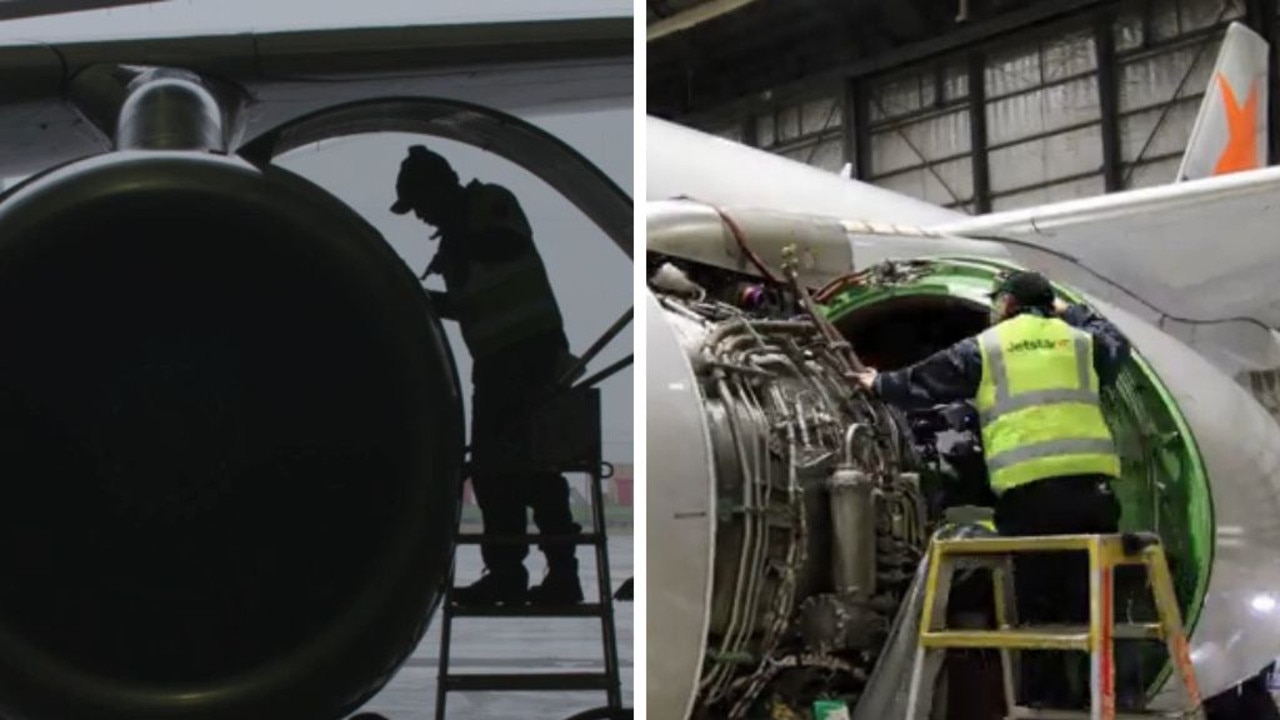Why epidemiologist thinks international travel won’t be possible in 2021
A leading epidemiologist in the UK has provided a bleak forecast for international travel, despite the growing rollout of vaccines worldwide.
An epidemiologist and adviser for the Scientific Advisory Group for Emergencies in the UK has provided a grim outlook for international travel despite the growing rollout of vaccines.
Dr Mike Tildesley, an epidemiologist and a professor of infectious disease modelling at the University of Warwick, said despite the vaccine rollout in parts of the world he remains “sceptical” about international travel happening before 2022.
Dr Tildesley said the UK situation, which has been among the hardest hit locations in Europe by the pandemic, said the likelihood of reaching herd immunity is only the tip of the iceberg in terms of reopening overseas travel again. The infectious virus expert said that if other countries are unable to reach the herd immunity, especially given the extent of the mutant strain, “then we have a problem”.
RELATED: Trans-Tasman bubble on hold as Auckland thrown into lockdown
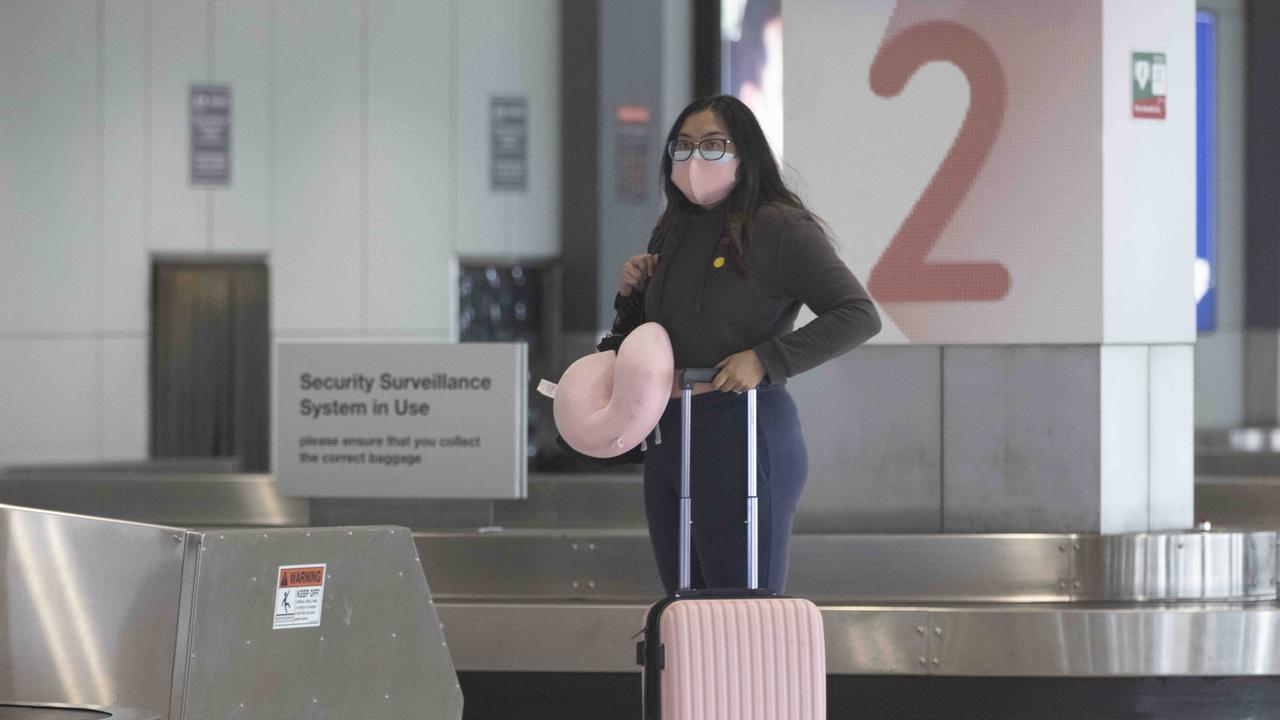
RELATED: Deputy PM open to lowering number of stranded Aussies home
“Hopefully by Christmas we’ll have worked our way out of this, especially if the optimistic predictions about the vaccine are true and we get good uptake among the younger age groups,” he wrote for The Mirror.
“But we won’t eradicate COVID-19. The virus is going to be here endemically for a really long time to come, and we are going to have to learn to live with it and deal with it.
“I would be more focused on the order things should be happening rather than setting dates.
I think it’s feasible that we could have a domestic holiday season in the summer, and I really hope so … But I’m very much more sceptical about the international situation [and] I’m thinking very much that it’s going to be 2022 by the time things are back to normal in terms of international travel.”
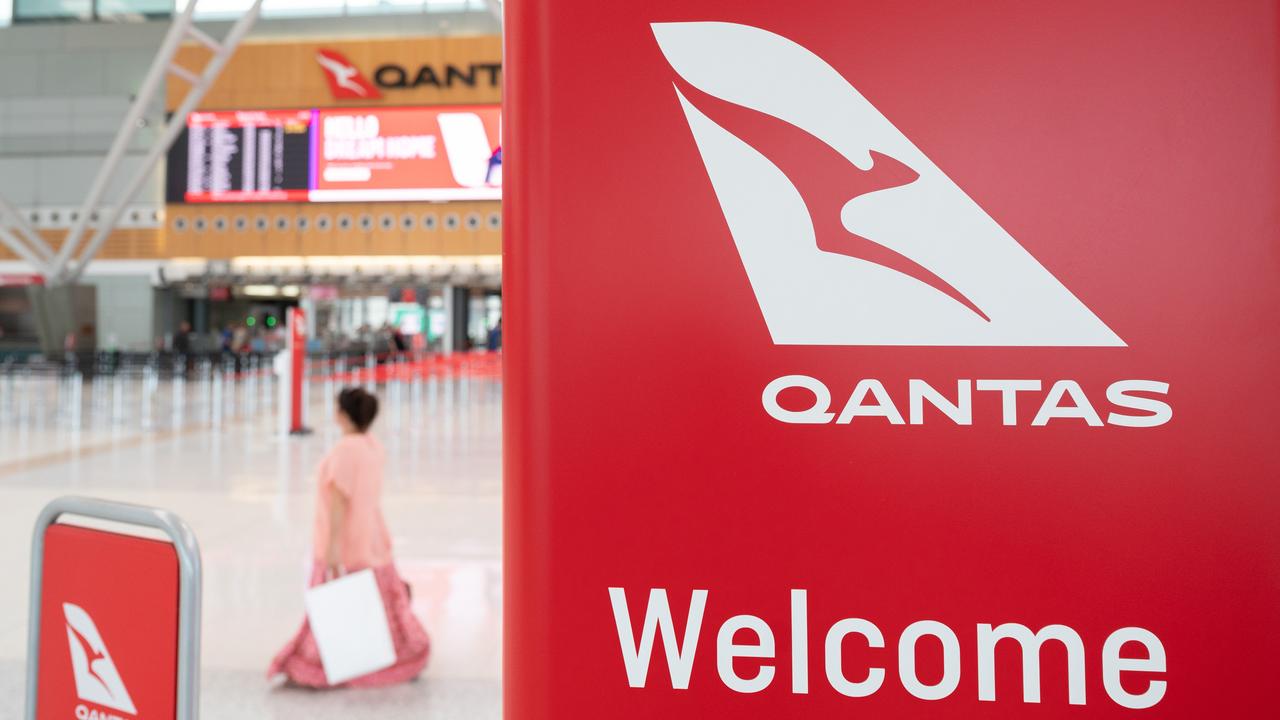
Britain, which has been among the hardest hit in Europe by the pandemic, has led the world in promptly approving the use of several vaccines.
On Sunday, Prime Minister Boris Johnson announced a milestone for the UK, with Britain hitting a target of inoculating 15 million of the most vulnerable people with a first coronavirus jab. Mr Johnson said the update was “a significant milestone”, as the country prepared for the next phase of its vaccination program.
The UK now has one of the highest proportions of people vaccinated against the virus of any nation. By the end of Saturday, 15,062,189 people had received a first dose, with 537,715 also getting their second shot, according to the latest health ministry statistics.
“This country has achieved an extraordinary feat,” Mr Johnson said in a video message posted on Twitter.
“We’ve still got a long way to go to. And there will undoubtedly be bumps in the road. But after all we’ve achieved, I know we can go forward with great confidence.”
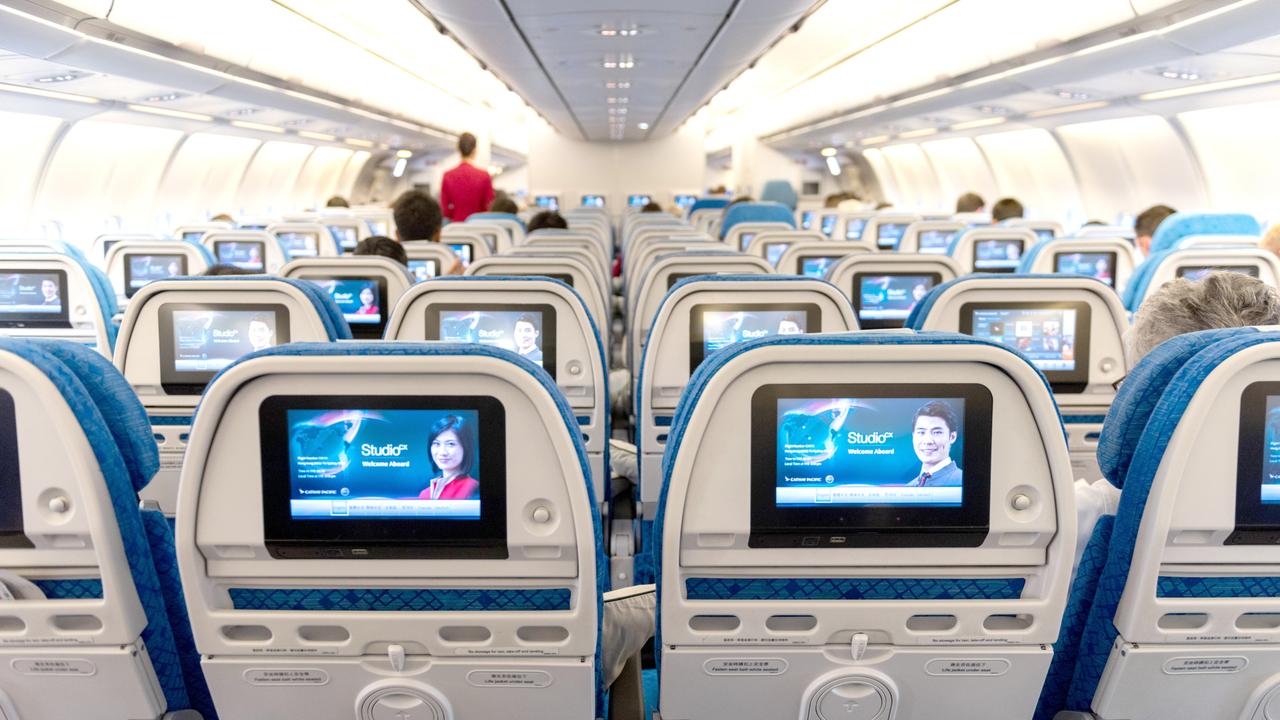
Dr Tildesley’s international comments come as Australia’s Federal Government was forced to reimpose hotel quarantine on New Zealand after three new COVID-19 cases were detected in the country. It means any New Zealanders that fly into Australia from 12.01am Monday will need to spend two weeks in hotel quarantine rather than entering the country freely.
The initial time frame for the rule stands for three days with officials “considering further updates”.
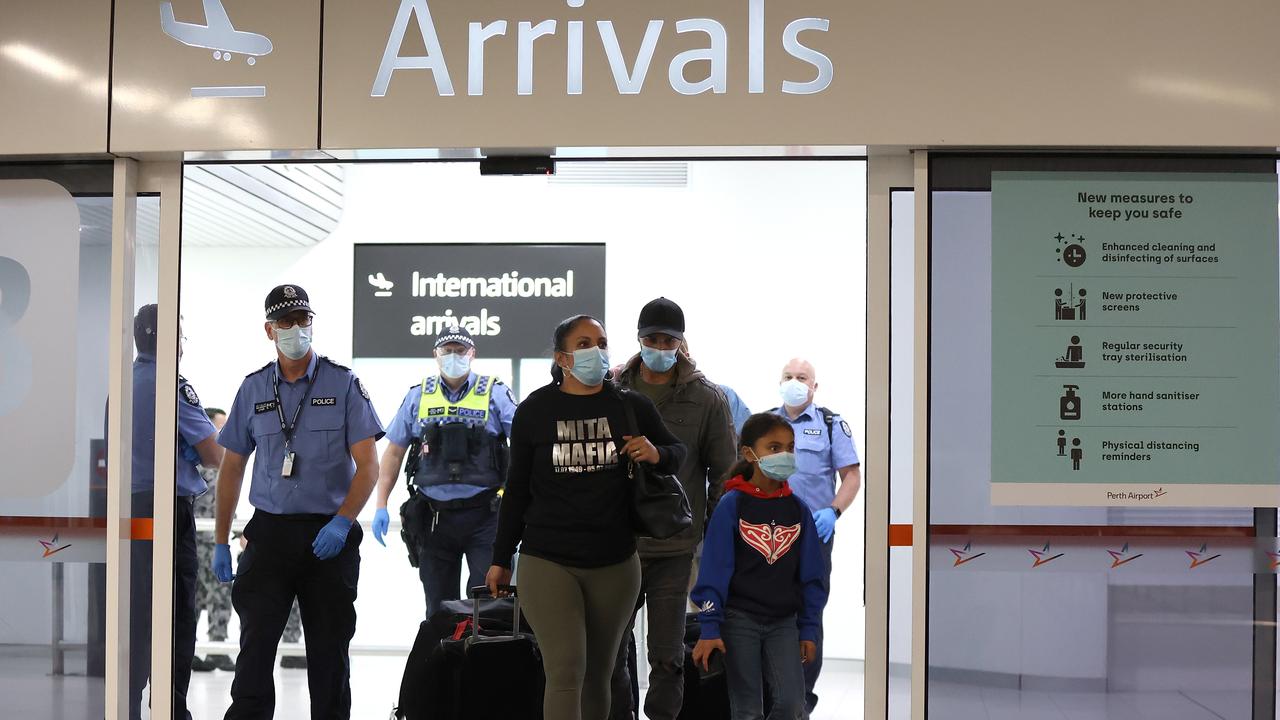
Last month, Australia’s top health official Dr Brendan Murphy downplayed the prospect of widespread easing of border restrictions, hinting that even with widespread vaccines, international travel is set to remain on hold for most of this year.
In an interview with ABC News Breakfast on January 18, Professor Murphy said the concern lies with transmission of the virus.
“Even if we have a lot of the population vaccinated, we don’t know whether that will prevent transmission of the virus,” he said, noting that 2022 is a more likely time frame for overseas travel.

